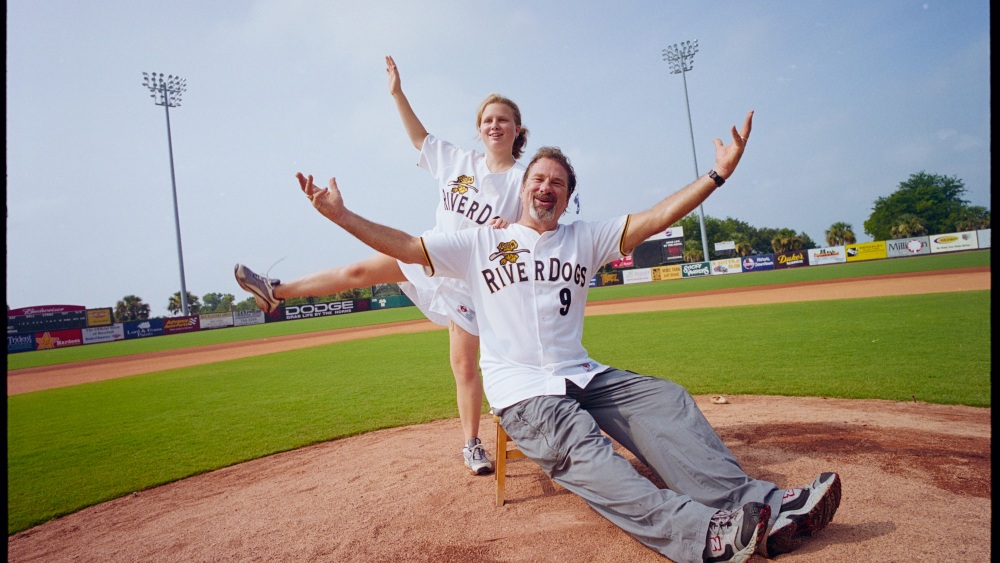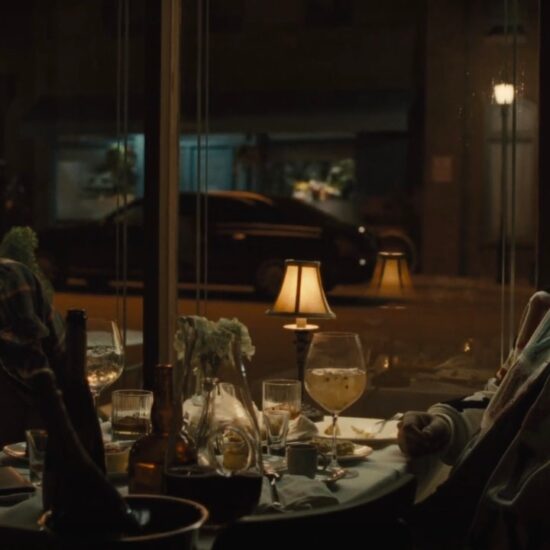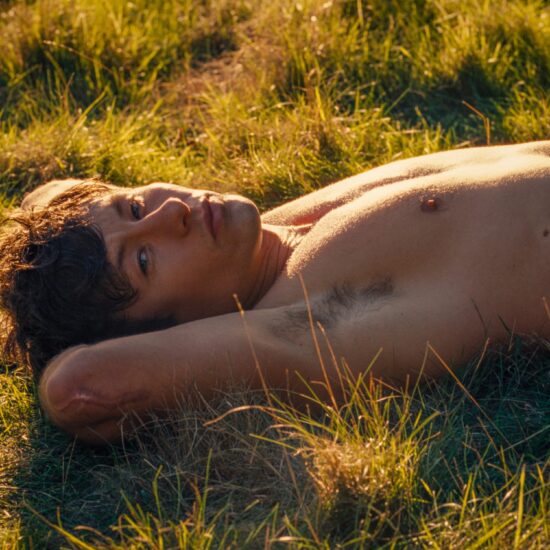
In Netflix’s “The Saint of Second Chances,” Academy Award winner Morgan Neville (“20 Feet From Stardom”) and Jeff Malmberg (“Marwencol”) tell the story of Mike Veeck, the hard-not-to-love son of late Major League Baseball owner Bill Veeck, who gained infamy for his role cooking up the disastrous Disco Demolition Night promotion at Chicago’s Comiskey Park in the late 1970s.
The elder Veeck was known for introducing fun to ballparks via giveaways, theme nights, and fireworks. Mike followed in his father’s footsteps until July 12, 1979. On that fateful day 44 years ago, the younger Veeck organized a promotional event at the baseball stadium, home to the Chicago White Sox, that revolved around smashing disco records. The event turned into a riot that went down in the history books. It not only damaged Mike’s career, it hurt his father’s reputation. Neville and Malmberg, who co-directed the 2019 four-part docuseries “Shangri-La,” humorously tell the story of how Mike clawed his way back up from rock bottom — he has owned some minor league baseball clubs — via talking heads, narrator Jeff Daniels, colorful graphics, and actor Charlie Day, who plays a young Mike Veeck.
Variety spoke with Neville and Malmberg ahead of the Tribeca Festival premiere of “The Saint of Second Chances” on June 11.
Did Mike approach you two about making this doc, or was this film your idea?
Neville: Eighteen years ago, I was driving around the south shooting a film, and I heard an interview on the radio with this character talking about his minor league baseball teams. He was so incredibly entertaining that I pulled my car over and waited for (the interview) to finish and wrote down this character’s name, Mike Veeck. I sent him an email and just said, ‘Hey. I don’t know what it is, but I would love to meet you and maybe someday we could do something.’ We ended up meeting up in New York. Then I sent him some of my documentaries, and we stayed in touch over the years. We didn’t even talk about making a documentary then. It was just a mutual admiration society. But the thing I’ve responded to, which has not changed, is that Mike is just one of the all-time great characters in all the best ways.
When did you decide to make “The Saint of Second Chances”?
Neville: Maybe two, two and a half years ago, we reconnected, and Mike was like, “Now is the time for me to finally tell my story.”
Why did you want Charlie Day to act out certain parts of Mike’s story?
Malmberg: Having done “Shangri-La,” with Morgan, one thing we really enjoyed was playing with form. There was a quality to Mike that pushed us into that fun zone of how do you tell this story the best.
Neville: I want to add that Charlie Day was our first choice. He was so game. He had been turning down everything, and then he said (to his agents) I want to act in these recreations in this documentary. His agents were like, ‘What the hell are you talking about?’ I just saw him this week, and we were talking about it, and he’s like, I think I did more real acting in this documentary than I have in years.
As documentary filmmakers, what was it like to direct an actor?
Neville: I actually took acting classes, and I have directed a lot of commercials. So, I feel pretty confident about my chops with actors at this point. But the funny thing is I remember talking to an acting teacher about this, and she said, “Oh, you make documentaries. Documentarians make great actor directors.” It’s kind of what our job is – to sniff out the authentic in how people are talking all the time.
Malmberg: One thing Morgan and I always talk about is that the best narratives usually involve documentary elements. And the best documentaries usually involve narrative elements.
What made you want to bring “The Saint of Second Chances” to Tribeca ahead of the film’s Netflix premiere this September?
Neville: Everybody was on board that we wanted to do a festival run. We are also going to do a number of events and screenings, some with major league baseball and minor league baseball teams, this summer. That’s honestly because this film is a little bit of The Little Engine That Could. Maybe it seems big and splashy, but it’s such a quirky film that I think it needs to be discovered, and it’s the kind of film that, hopefully, the more people see, the more people will talk about it. There’s no household name as the subject of the film. It’s also not a niche film. So, we think of it like the little film that hopefully can gather steam as it rolls down also the hill.













